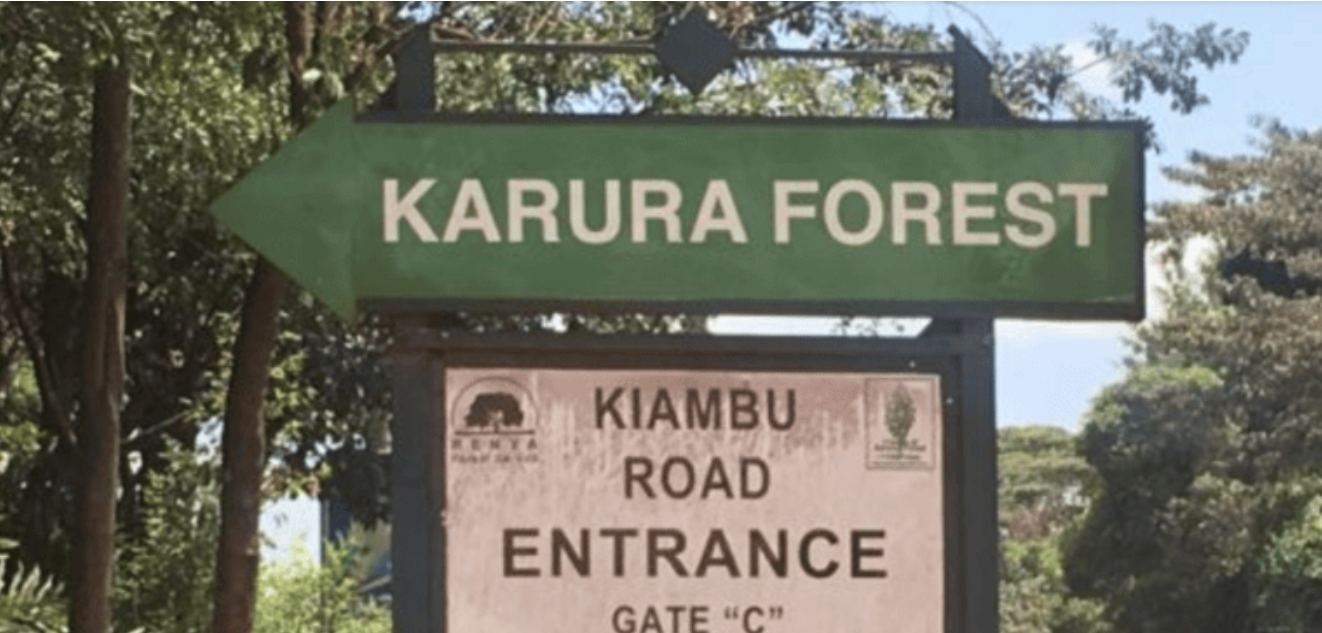

The Friends of Karura Forest (FKF) have called on the government to immediately reverse the decision to end the joint management arrangement between the community association and the Kenya Forest Service (KFS).
In a statement issued on Saturday, FKF claimed the abrupt shift to the government’s eCitizen platform for revenue collection has left the organisation without access to the funds it has used for more than two decades to manage the forest.
“The lack of transparency around the KFS takeover of the fee collection yesterday has left FKF without any guarantee of the availability of funds necessary to ensure the continued successful operation of Karura Forest,” said Professor Karanja Njoroge, a long-time supporter of the community-led model.
According to FKF, the 20-year Joint Management Agreement with KFS set clear obligations for the collection and use of revenue generated from the forest.
Under this arrangement, revenue from entrance fees, events, and other activities was deposited into a joint account.
These funds, as FKF put it, were then used to pay salaries for FKF staff, maintain the fence and infrastructure, implement silvicultural activities, and support the Karura Forest Management Plan.
“In line with this Agreement, FKF have overseen and managed all contracts related to operations, salaries for staff, security, infrastructure, and forest regeneration within Karura and remains financially liable for all these contracts,” the statement read.
FKF said the transition to eCitizen has disrupted this structure. The letter from KFS informing FKF of the change, they noted, did not address how the financial obligations under the Joint Management Agreement would be met going forward.
FKF said Karura Forest costs between Sh10 million and Sh12 million per month to run. They warned that without access to funds, there was no assurance that the ongoing management and conservation of the forest could be sustained.
“This could mark a tragic end to a legacy built on transparency and respect in the management of the People’s Forest,” FKF said.
The association’s statement came hours after KFS released a press statement assuring visitors that the new payment platform would not interfere with the overall management of Karura Forest.
Chief Conservator of Forests Alex Lemarkoko said the only change was the payment method, with visitors now able to pay by phone or card. “The only change is the payment platform itself; all other aspects of Karura Forest management will remain the same,” he said.
Lemarkoko emphasised that staff would not be affected. “All staff, including scouts, clerks, cleaners, and contract employees, will be retained,” he said.
He also assured visitors that the transition was smooth and that those holding annual passes could continue using them until expiry. On average, he added, transactions on the new system would take only one minute.
Lemarkoko, who visited Karura at dawn on Saturday to oversee the switchover, thanked the forest staff and scouts for their leadership in managing the process. “I encourage visitors to provide feedback to help accelerate continuous improvement of services,” he said.
As the debate continues, the future of one of Nairobi’s most cherished green spaces remains uncertain, with FKF urging clarity on how Karura’s operations will be financed under the new system.

















